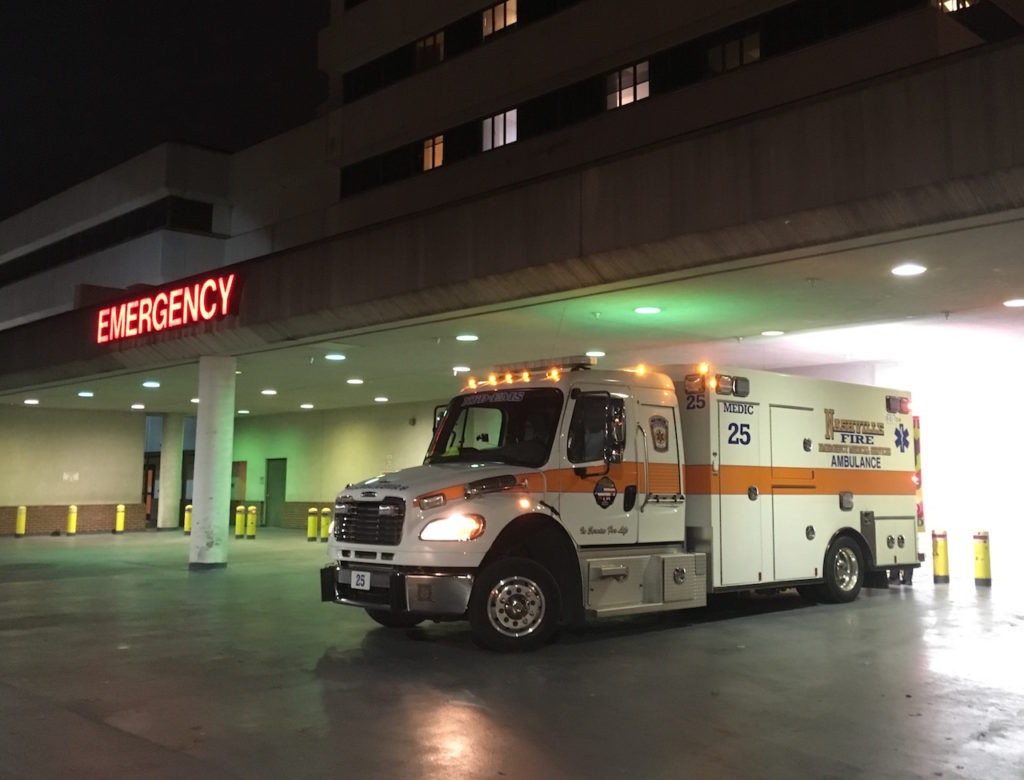
There are about 100 emergency calls each week in Davidson County where an ambulance responds unnecessarily. These are typically mental health calls in which people wind up in an emergency room, when they could have been connected with a counselor instead.
Starting Feb. 13, mental health counselors will be the ones to respond to those 911 calls.
Amanda Bracht is a social worker with the Mental Health Cooperative — a nonprofit that partners with Nashville’s first responders.
She says in an ideal world, trained mental health counselors would always be the ones responding to someone in crisis — not law enforcement.
But right now, that’s just not how the system works.
“And if they’re going to be the first responders in some of these cases, we need to give them the tools, the resources, and we need to collaborate with them,” Bracht says. “As opposed to saying, ‘We don’t want you doing this.’ Because quite frankly, they’re doing it, and we want to make sure that they’re able to do it well.”
That’s the idea behind a new partnership with the Mental Health Cooperative and Metro Fire and EMS.
It’s called REACH, which stands for Responders Engaged and Committed to Help. Counselors will be paired with paramedics to better respond to the needs of people who have mental health struggles that don’t require a police response.
The pilot does have its limitations. It will be available from 10 a.m. to 8 p.m. Tuesdays through Thursdays — the times when these types of calls usually come in. The teams will be small, and it’s still possible that qualifying calls may be taken by law enforcement instead, due to capacity or what teams are closest to the emergency.
“You can say, you know, ‘I would love for this person to be able to get a co-response or a REACH,'” Bracht says. “But it’s going to depend on a lot of the information that you’re giving that call taker as to what they think is most appropriate and what’s available, too. That’s the other thing we have to keep in mind is that they’re going to dispatch who can get there quickly.”
This is the Mental Health Cooperative’s second such partnership with the city. The first is called Partners in Care, which pairs a counselor with police officers to respond to mental health emergencies where a weapon or other danger might be present. Partners in Care is only available in select precincts across the city, but is expanding.
Still, even with that program in place, several recent fatal police shootings were of people struggling with their mental health.

